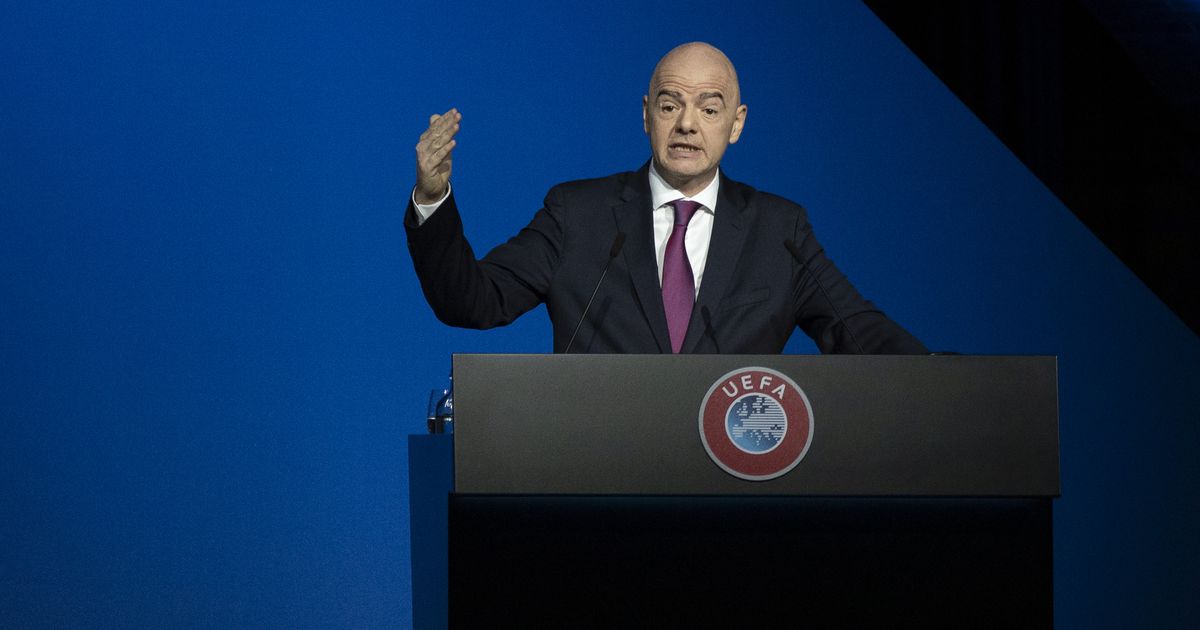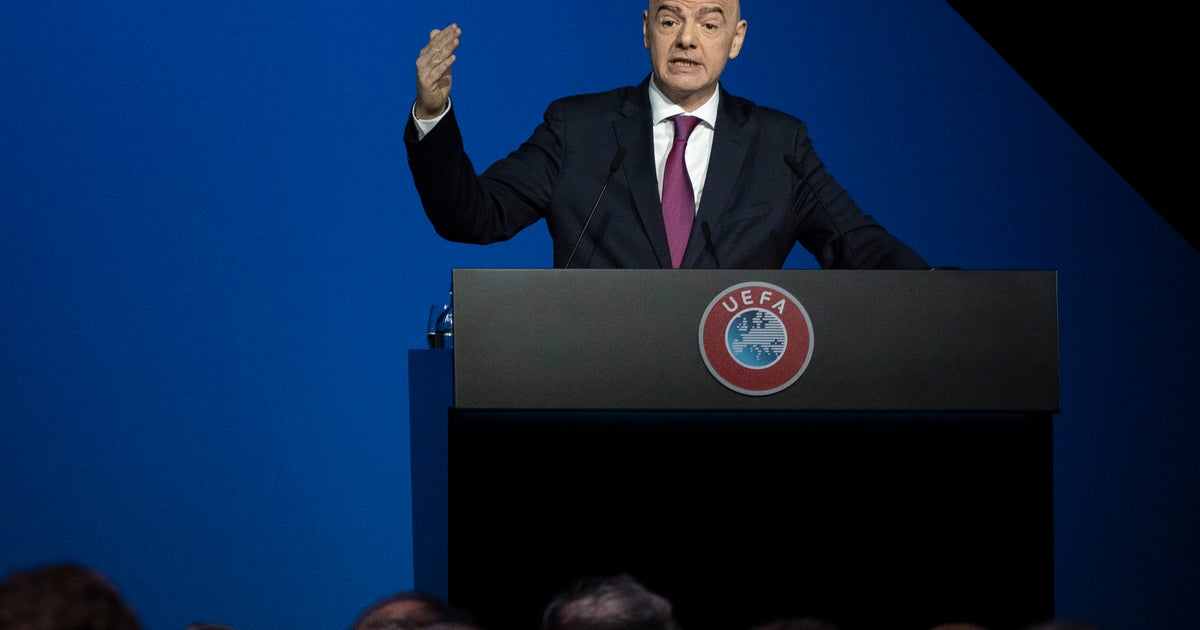FIFA flexible to complete seasons, encourages pay-cut deals


FIFA is providing global coordination with competition organizers to provide flexibility to ensure coronavirus-derailed seasons can be completed with as little financial turmoil as possible.
While FIFA does not set the dates of domestic or continental club competitions, the governing does does oversee the implementation of two transfer windows during the year in each country.
A FIFA taskforce has been exploring the impact of the coronavirus pandemic and has backed flexibility in shifting the transfer windows, extending player contracts to allow seasons to be completed, and encouraging salary reduction agreements.
A final decision will be made by the FIFA Bureau, which includes the presidents of the six regional confederations.
UEFA has already determined that competitions in Europe can run beyond the June 30 cut-off for player contracts.
Cost-cutting is underway at many clubs and federations to deal with the financial impact of games not being played.
National team matches that were scheduled in June and July have already been postponed, including the European Championship and Copa America.
England coach Gareth Southgate agreed to a 30% cut on his reported annual salary of 3 million pounds ($3.6 million) during the coronavirus outbreak. The English Football Association also announced on Monday that the pay of senior management will be reduced by 15% and those staff earning 50,000 pounds ($60,000) or more per year will take a temporary pay reduction of 7.5%.
Serie A clubs want players to accept a pay cut equal to four months of salary if the season does not resume, reduced to two months if the current campaign is completed. But the Italian players’ association has not yet signed off on the deal.
The players’ union in England is in a standoff with the Premier League clubs over a push to implement 30% reductions.
The FIFA taskforce is hoping clubs and players work together to help to protect jobs, given the significant loss of income being experienced with the leading competitions suspended since last month.
Players in some European countries are eligible for state-backed unemployment insurance programs to cover some of their wages.






